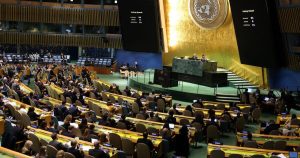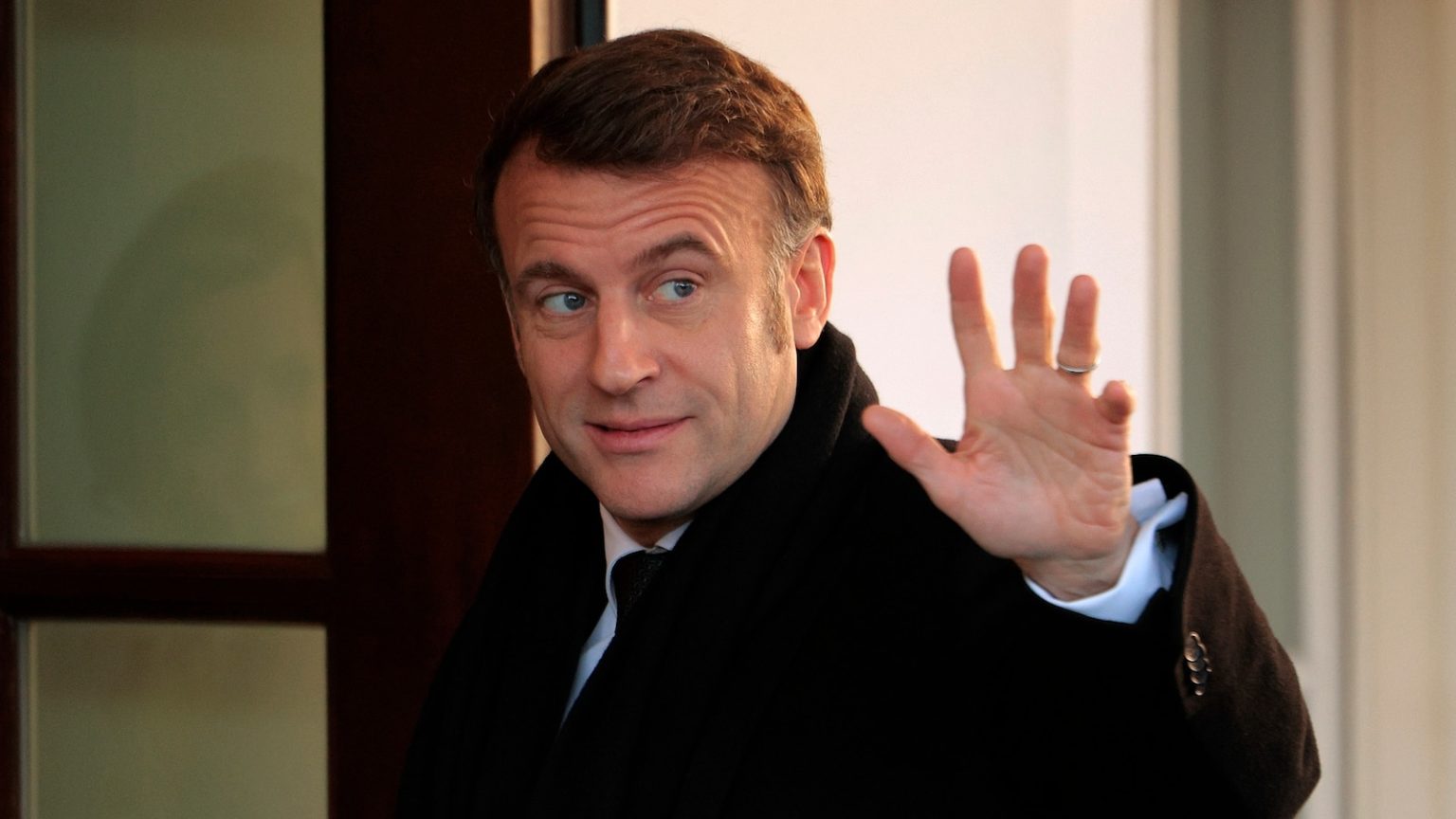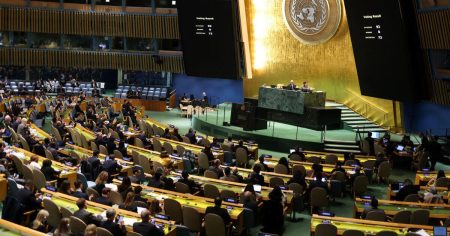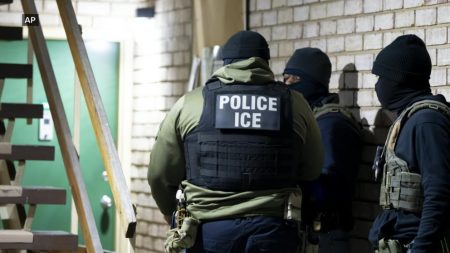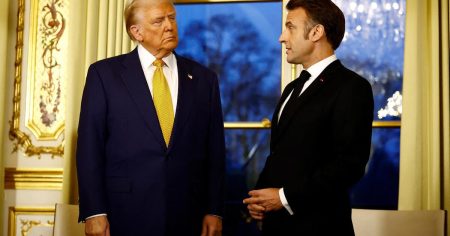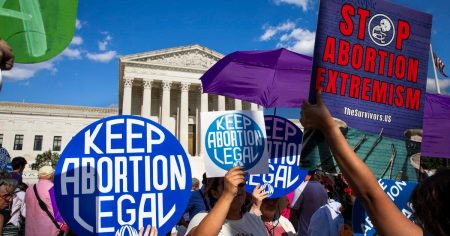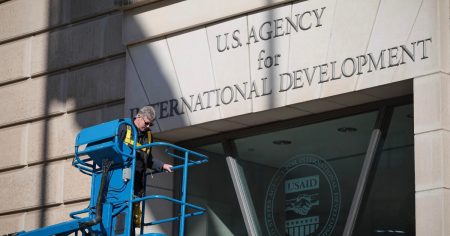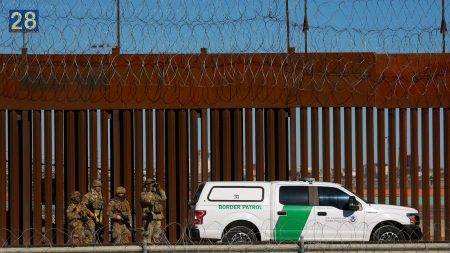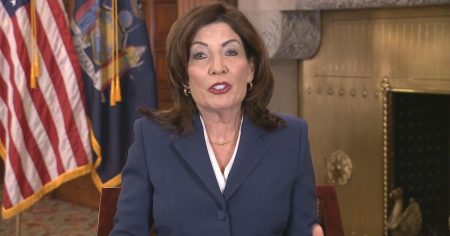A Critical Meeting: Trump and Macron Address the Russia-Ukraine Crisis
President Donald Trump is set to host French President Emmanuel Macron at the White House on Monday, February 24, 2025, as the world marks three years since Russia’s invasion of Ukraine. The meeting comes at a pivotal moment, with Russia and Ukraine dominating the agenda. Trump and Macron will engage in a bilateral discussion in the Oval Office, preceded by a G7 leaders’ call and followed by a joint press conference in the East Room. The press conference is expected to focus heavily on the status of peace talks, with both leaders likely facing intense scrutiny over their approaches to resolving the conflict. Macron, fresh from convening emergency meetings with European leaders in Paris, has emphasized the need for Ukraine’s involvement and respect for its rights in any negotiations, while also addressing European security concerns.
Macron’s Push for European Unity and Ukraine’s Role in Peace Talks
Macron’s recent efforts to rally European leaders underscore his commitment to a unified approach to the conflict. Last week, he hosted emergency meetings in Paris, bringing together European counterparts to discuss the path forward for Ukraine. Macron’s position, as articulated on social media platform X, is clear: Ukraine must be a central player in any negotiations, and its rights must be respected. He also stressed the importance of strengthening European security through upcoming talks. This stance reflects France’s role as a key mediator in the conflict, while signaling a strong alignment with European allies. However, Macron’s approach has been met with skepticism in some quarters, particularly given the complexities of negotiating with Russia and the divergent priorities of European nations.
Trump’s Hard Line on Ukraine and Russia
The Trump administration has taken a markedly different approach to the conflict, with the president intensifying pressure on Ukraine to resolve the conflict. Trump has recently drawn criticism for labeling Ukrainian President Volodymyr Zelenskyy as a "dictator" and falsely attributing blame to Ukraine for Russia’s ongoing aggression. These comments have sparked concern among allies, who view them as undermining Ukraine’s position in negotiations. Trump has also downplayed Ukraine’s leverage in peace talks, remarking that Ukraine has "no cards" to play as discussions unfold. This rhetoric aligns with Trump’s broader foreign policy agenda, which prioritizes an "America First" approach and has seen the U.S. distancing itself from traditional transatlantic alliances.
A Shift in U.S. Foreign Policy and Its Implications
The Trump administration’s stance on the Russia-Ukraine conflict represents a significant departure from previous U.S. foreign policy. While past administrations have championed NATO expansion and supported Ukraine’s aspirations for membership, Trump has ruled out such possibilities. Additionally, Trump has avoided making demands of Russia, even as he escalates criticism of Ukraine. This posture has raised questions about the future of U.S. involvement in European security and the strength of NATO alliances. The shift has been further exacerbated by Vice President J.D. Vance’s recent remarks at the Munich Security Conference, where he criticized European leadership on issues such as immigration and free speech, suggesting that the greatest threat to Europe comes from within rather than from external adversaries like Russia or China.
Vice President Vance’s Controversial Comments and Their Impact
Vice President J.D. Vance has added fuel to the fire with his recent speeches, including his address at the Munich Security Conference and a subsequent appearance at CPAC. Vance’s aggressive tone toward Europe’s leadership has stirred controversy, particularly his assertion that the greatest threat to Europe is internal rather than external. While Vance has reaffirmed the importance of U.S.-European partnerships, his comments suggest a growing divide between the two sides. Vance’s emphasis on shared values as the foundation of these partnerships has been interpreted by some as a veiled critique of Europe’s current trajectory on issues like immigration and free speech. These remarks have not only sparked debate but also raised concerns about the future of transatlantic cooperation.
The Road Ahead: Challenges and Opportunities for Transatlantic Alliances
As Trump and Macron convene at the White House, the stakes could not be higher. The U.S. and Europe are at a crossroads, with the Russia-Ukraine conflict serving as a litmus test for their ability to coordinate on critical global issues. Macron’s efforts to maintain European unity and ensure Ukraine’s involvement in peace talks contrast sharply with Trump’s "America First" approach, which has seen the U.S. adopt a more isolationist stance. The coming days will reveal whether the two leaders can find common ground or whether their differences will further strain transatlantic relations. The outcome of this meeting will not only shape the trajectory of the Russia-Ukraine conflict but also have far-reaching implications for global security and the future of Western alliances.

